
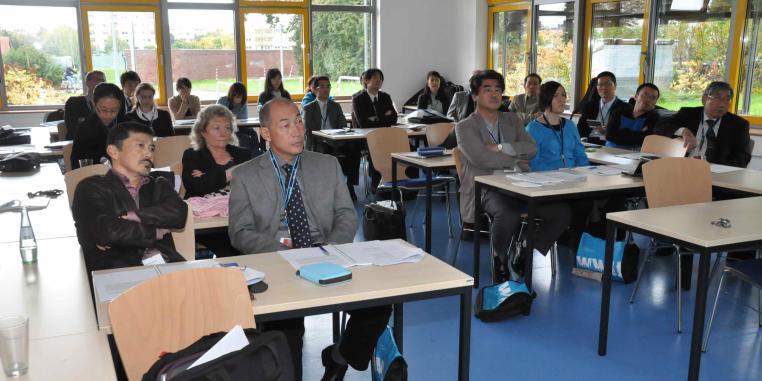
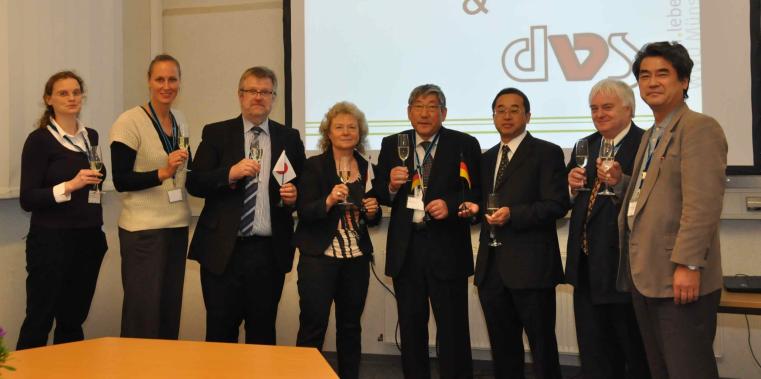
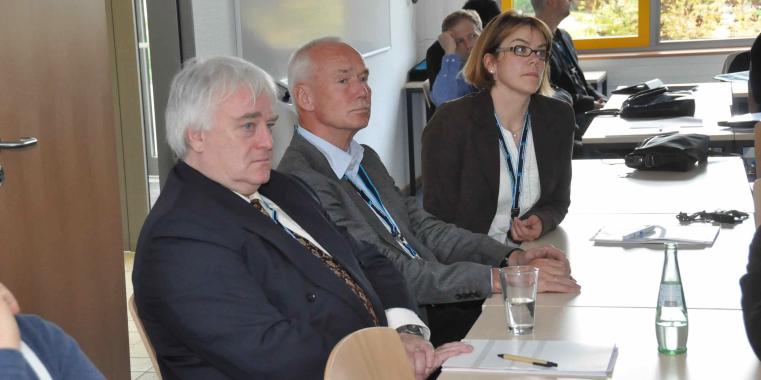




Date: 13.-15.03.2018
Partner and cooperation: The symposium is organised by the department of sport psychology in cooperation with the the WGI and the dvs
Location: WWU Münster, Institute of sport and exercise sciences, Leonardo Campus
Theme: intercultural sport sciences
E-Mail for registration: b.halberschmidt@uni-muenster.de
Deadline for abstract submission was 15.01.2018
Time of presentation: 20 minutes oral presentation, 5 minutes discussion
Registration fees:
Non-Members: 200 Euro
Members (dvs, JSPEHSS with certification): 180 Euro
Students/doctoral students (with certification): 130 Euro
-> please send the certification to b.halberschmidt@uni-muenster.de
Payment information:
Payment by credit card (VISA / Master) or bank transfer
Please note: The invoice will be sent to the address you indicate at the registration in our registration system below.
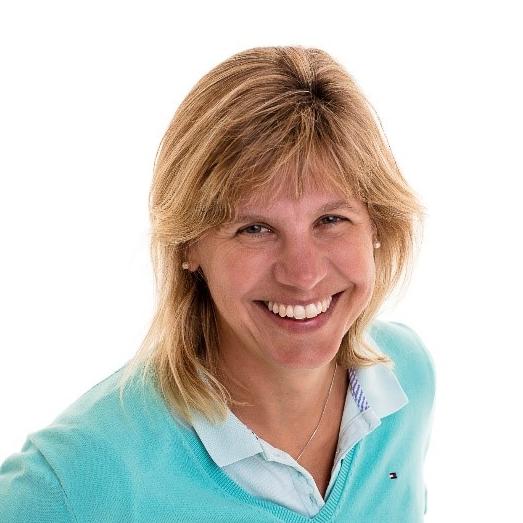
Sport participation, and in particular organized sport, is an important socializing agent because of the large number of participants that are attracted. As such, sports may be a viable vehicle for smoothing social and cultural barriers because they bring together individuals from different backgrounds. Over the past 10 years FEPSAC has conducted research aimed at identifying personal and sport factors that may help enhance integration in multicultural societies (e.g. ethnic-cultural identity, coaching behavior, group cohesion, motivational climate). The presentation will give an overview of this research which is based on Berry’s Ethnic-Cultural Identity Approach and has investigated both migrant and host populations in several European countries.
Anne-Marie Elbe is President of FEPSAC (The European Federation of Sport Psychology). Her previous posts were at the University of Copenhagen, Denmark, Northumbria University, Newcastle in the UK and at the University of Potsdam, Germany. She received her PhD from the Free University in Berlin, Germany in 2001. Her publications and research interests focus on motivational and self-regulatory aspects of athletic performance, doping, health aspects of team sports and the integrative role of sports. She is associate editor for Science and Medicine in Football and on the Editorial board of Psychology of Sport and Exercise.
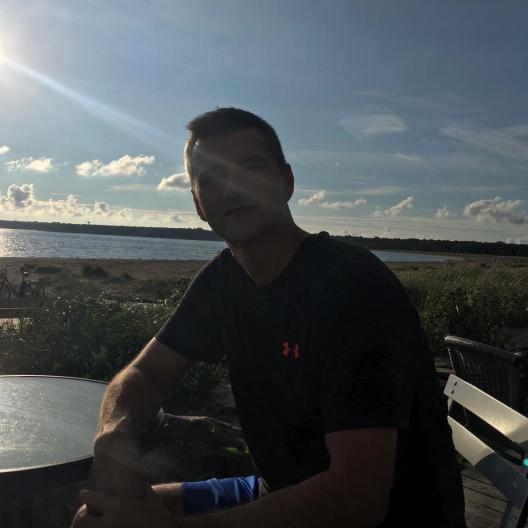
Taekwondo, an Olympic combat sport since Sydney 2000, is a discipline in which opponents are directly, deliberately and systematically confronted against each other in a dynamical environment. Applied sport psychology involves extending theory and research onto the sporting field with the aim of facilitating healthy training environments wherein, ultimately, athletes can develop optimally and achieve best performance outcomes possible. Based on a previous experience, the present talk illustrates how a sport psychology intervention was developed throughout several years by translating different questions that emerged from Taekwondo practitioners. The presentation is supported with different case-examples within the areas of tactics and tactical training, emotions and emotional profiling, and causal attributions and performance outcome assessment.
Xavier Sanchez is currently based at Halmstad University, Sweden. He is Doctor (PhD) in Psychological Sciences by University of Louvain-la-Neuve (Belgium); Chartered Psychologist (CPsychol) and Associate Fellow (AFBPsS) by British Psychological Society; and registered sport psychologist (VSPN®) by Dutch Society of Sport Psychology. Xavier has European (Sweden, UK, The Netherlands, Belgium, France, Spain) and multidisciplinary (psychology, sport sciences) experience both in Higher Education and the sporting arena. He was the first President of the European Network of Young Specialists in Sport Psychology (ENYSSP) and currently is Vice-President of the European Federation of Sport Psychology (FEPSAC). Xavier is an editorial board member at International Journal of Sport Psychology; International Journal of Sport and Exercise Psychology; Frontiers in Psychology; and Journal of Sport Psychology (Associate Editor).
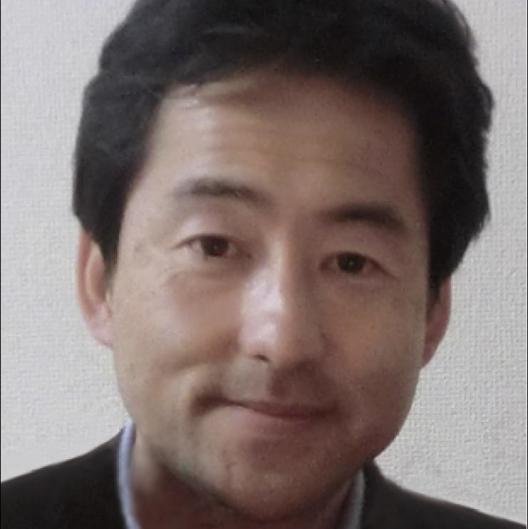
In this Keynote, I discuss what principles govern over the spatiotemporal organization of movements in novices and experts of sports, dance, and music, introducing our experimental and theoretical studies that used neurophysiological techniques and mathematical models. I also show that in a particular type of interlimb and sensorimotor coordination, skilled and unskilled movement patterns can be described in a unified manner, as the time evolution of nonlinear
dynamical systems with a particular order parameter.
Kazutoshi Kudo is a President of Japanese Association of Psychology of Physical Education. He received his Ph.D. degree from the University of Tokyo, Japan in 1998. He was a visiting researcher at the Center for the Ecological Study of Perception and Action in the University of Connecticut from 2002 to 2003. He is currently an associate professor in the Graduate School of Interdisciplinary Information Studies, the University of Tokyo. His research interests include control and learning of skilled human movement. He is a member of Japan Society of Sport Psychology, Japan Society of Physical Education, Health and Sport Sciences, Japanese Society for Ecological Psychology, and Japan Neuroscience Society.
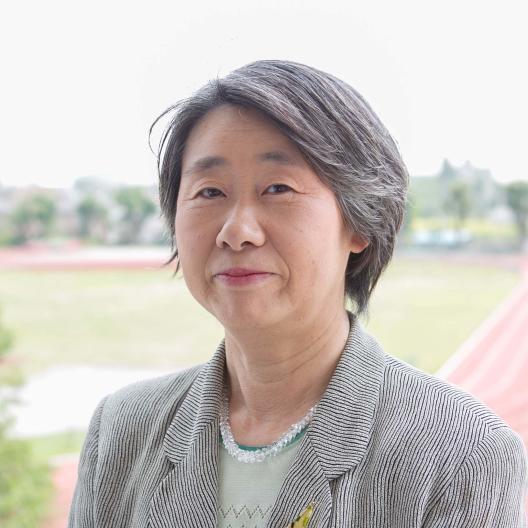
Japanese sport environment is a little different from European sport. I will show here Japanese school sport club which we named Bukatu, sport club activity doing at school gym or ground after school. A teacher teaches a sport to students. This means teachers have two roles, teacher and coach.
This Japanese sport system produced teachers’ physical punishment for long time. I studied a group cohesiveness in my graduate age. I used an American questionnaire to Japanese students and found different factors, especially a coach factor. I had no idea about terrible coaches in that time but many athletes might get strict and painful coaching.
I heard some female student-athletes had a black cheek by teacher-coaches’ punches. So I examined my students about physical punishments in sport trainings.
About 30 % of subjects got physical punishments at secondary school Bukatu from male coaches. I will show those results and factors that have caused such punishments.
What did teacher and athlete-students think about physical punishments? Results showed how they had been trained and accepted those punishments. Some student-athletes answered if they will teach sports in future, they would punish their students physically.
Now Japanese government, Ministry of Education, Culture, Sports, Science and Technology, and Japan Sport Agency, strongly re-prohibited physical punishments. Physical punishment gradually decreased, but some coaches have still punished students for their misses physically. It is a big problem for Japanese sports.
I want to discuss which is better method, rule or ethic, to stop physical punishments.
Professor Mieko Ae is Vice president of Japanese Society of Sport Psychology, Past vice president of Japan Society of Physical Education, Health and Sport Sciences Professor in Tokyo Women’s College of Physical Education, Faculty of Physical Education. I studied at University of Tsukuba Graduate School and received Master degree in 1983. My research interest focused on Group cohesiveness, coach behaviors, gender issues, and readiness for youth sport participation. I have a Japanese license of Mental training Consulting. I have been a member of International Society of Sport Psychology since 1993.
13.03.2018 Tuesday:
Morning: general assembly of WGI
12.o0 pm: welcome ceremony, first keynote Prof. Ae
Afternoon: special workshop of WGI, scientific program, coffee break, meeting of presidents
Evening: Greeting reception and get together of WGI and open leisure activities
14.03.2018 Wednesday:
Morning: Scientific program, workshops, coffee break, second keynote Prof. Elbe
Lunch break
Afternoon: Scientific program, third keynote Dr. Sanchez, coffee break
Evening: gala dinner at the Guesthouse Drübbelken
Please note: some water included, all other drinks have to be paid by each participants
15.03.2018 Thursday
Morning: Scientific program, fourth keynote Prof. Kudo, coffee break
1 pm: closing ceremony
The Willibald Gephardt Institut was founded 1992 in Essen. Since 2017 it is situated in Münster. The aim of the WGI is to foster natural, social, psychological and pedagogical research in the fields of Olympic Sports, Competitive Sports, Physical Education and Leisure Sports, and Physical Exercise and Health. To achieve this goal the WGI cooperates with national as well as international research institutes, schools, sport clubs and associations. Hence, the WGI promotes the dialog and knowledge transfer in order to strengthen the important relationship between research and practice.
The German Society of Sport Science (DVS) is a federation of researchers in the field of sport science, mostly from Germany, Austria and Switzerland. It has about 1000 members. The DVS was founded in Munich in 1976. Our mission is to encourage and support research in sport science: